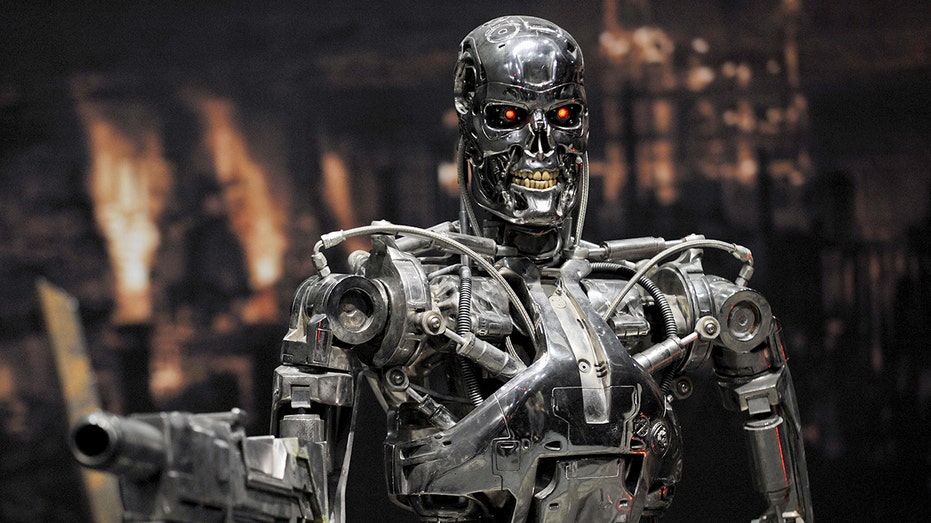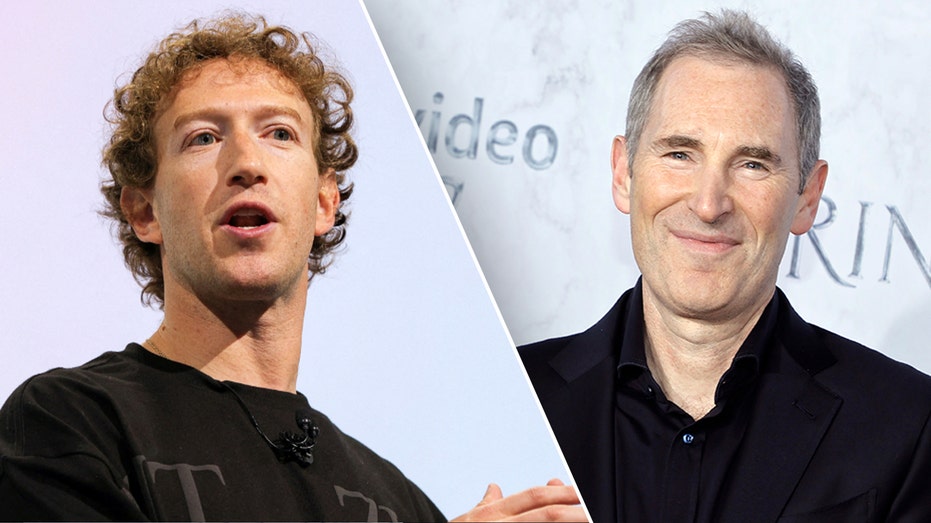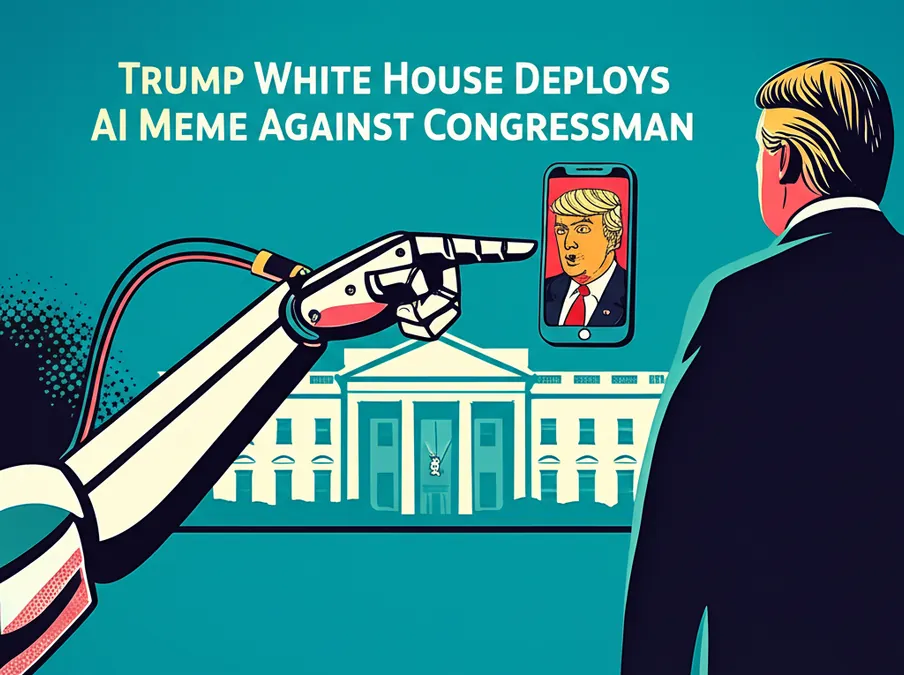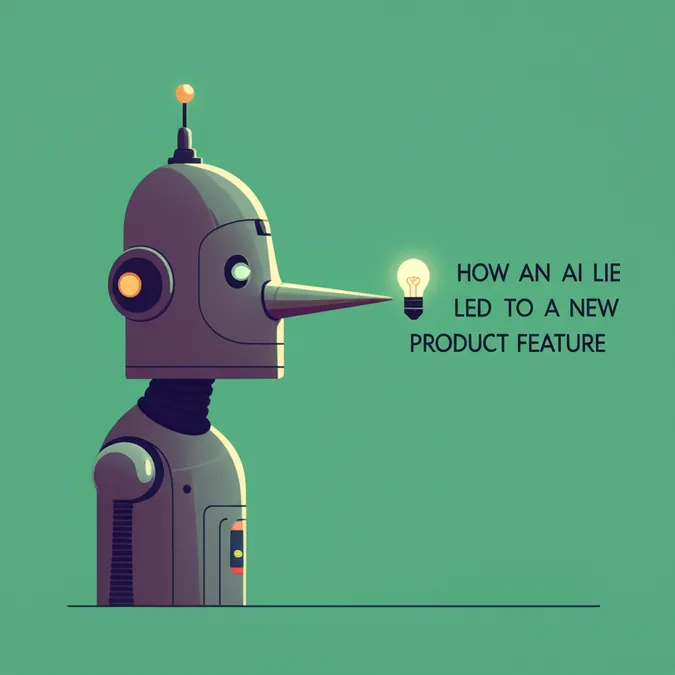Developer Offer
Try ImaginePro API with 50 Free Credits
Build and ship AI-powered visuals with Midjourney, Flux, and more — free credits refresh every month.
AI Adoption Surges Despite Public Skepticism And Job Fears
While public opinion on artificial intelligence is gradually becoming more optimistic, a significant level of skepticism persists among voters. Despite this hesitation, the tech industry is forging ahead, embedding AI into the fabric of our digital lives at an unprecedented rate.
The Unstoppable Rise of AI Adoption
Leading the charge is OpenAI's ChatGPT, which boasts an incredible 800 million weekly active users. According to the company, its large language models (LLMs) are already being deployed across a vast spectrum of fields, including business, education, software development, and content creation. The momentum is undeniable, but this rapid integration isn't without its historical context and future concerns.
A Look Back: The Birth of the Chatbot
Long before today's advanced chatbots, an MIT scientist named Joseph Weizenbaum developed what is considered the first of its kind: the ELIZA program. It created a new possibility for human-computer communication. In a now-famous anecdote, Weizenbaum recalled testing the program on his assistant.

"After two or three interchanges with the machine, she turned to me and said ‘would you mind leaving the room please?'" Weizenbaum said. Ironically, a decade after this breakthrough, he published a paper warning against giving machines human-like decision-making power, and he remained a critic of artificial intelligence for the rest of his life.
Visions of the Future: From Terminator to Star Trek
Public perception of AI is often shaped by popular culture. "Movies like ‘The Terminator’ have created a very dark dystopian version of what this could look like," noted White House A.I. and Crypto Czar David Sacks. He offers a more optimistic comparison: "The version of the future of AI that I think is probably most accurate... is ‘Star Trek: Enterprise.’ Think about the ship computer... It can perform tasks for you. But it doesn't have a will of its own... It's there to help the crew, and it needs to be supervised by humans."

The Human Cost: AI's Impact on Tech Jobs
This technological shift is already reshaping the workforce, starting with the very industry that created it. A McKinsey Global survey found that 78% of organizations already use AI in at least one business function. Now, major tech companies are restructuring and announcing layoffs as they pivot their focus.
Google is transforming its search engine with an AI mode, a move accompanied by layoffs. Security firm Crowdstrike cited AI's role in "reshaping every industry" as it cut five percent of its staff. Both Meta founder Mark Zuckerberg and Amazon CEO Andy Jassy have signaled that AI advancements will lead to workforce reductions.

"Our bet is that in the next year, probably, maybe half the development is going to be done by A.I. as opposed to people," Zuckerberg stated at a conference.
Reshaping Roles, Not Just Replacing Them
Experts argue that the reality is more nuanced than simple job replacement. "First, people just wrote code. Then there was the autocomplete era," explained Anthropic CEO Dario Amodei. "Now we're moving to what... has come to be associated with coding models... where you kind of ask the model to do something, and it's very interactive."
Gregory Allen of the Center for Strategic and International Studies adds, "I think if you're an executive in a technology company, it's utterly familiar to be automating yourself out of a job. But really what they're doing is automating themselves out of the task."
Microsoft President Brad Smith framed the changes as a part of the natural business cycle in tech. "Although AI plays a role, the reality is... you constantly have to adjust your workforce," he said, emphasizing that this dynamic is what makes a company successful.
What's Next? A Productivity Boom on the Horizon
Despite the immediate disruption, the long-term outlook remains positive for many. The consensus among tech leaders is that the job market will eventually adapt and rebalance. "Ultimately I think that we're going to see a productivity boom, we're gonna see a lot of new startup formation, and we're see a lot of job growth," Sacks predicted, suggesting that the current turbulence is a prelude to a more innovative and prosperous future.
Compare Plans & Pricing
Find the plan that matches your workload and unlock full access to ImaginePro.
| Plan | Price | Highlights |
|---|---|---|
| Standard | $8 / month |
|
| Premium | $20 / month |
|
Need custom terms? Talk to us to tailor credits, rate limits, or deployment options.
View All Pricing Details

